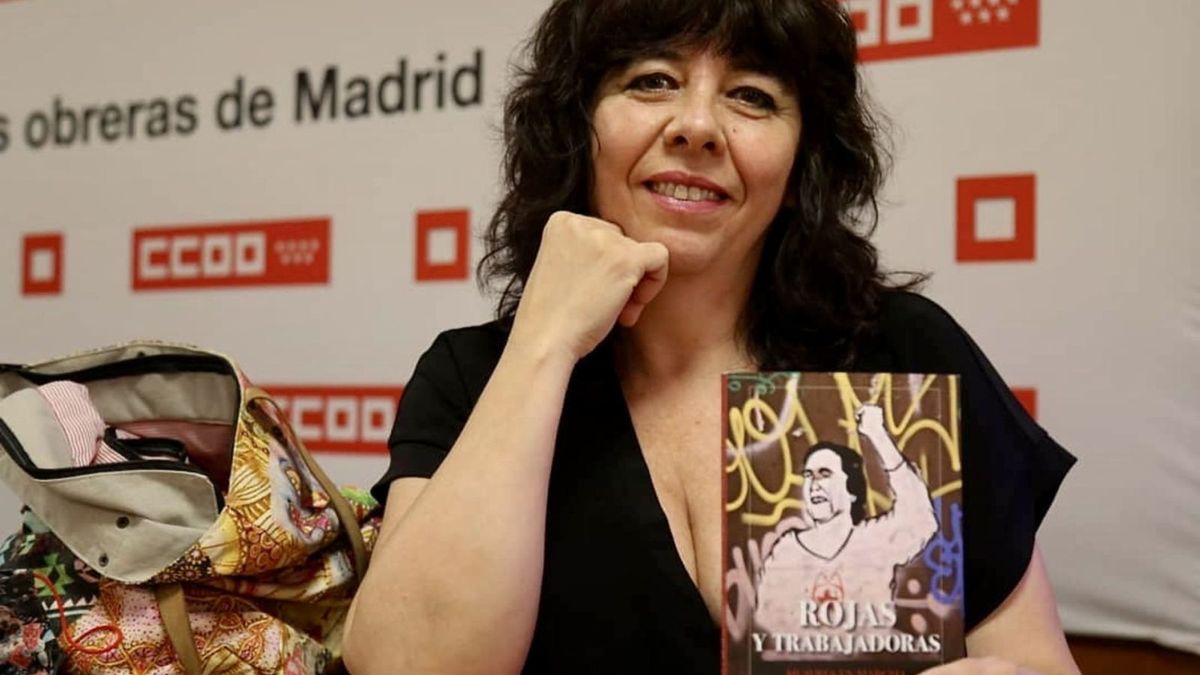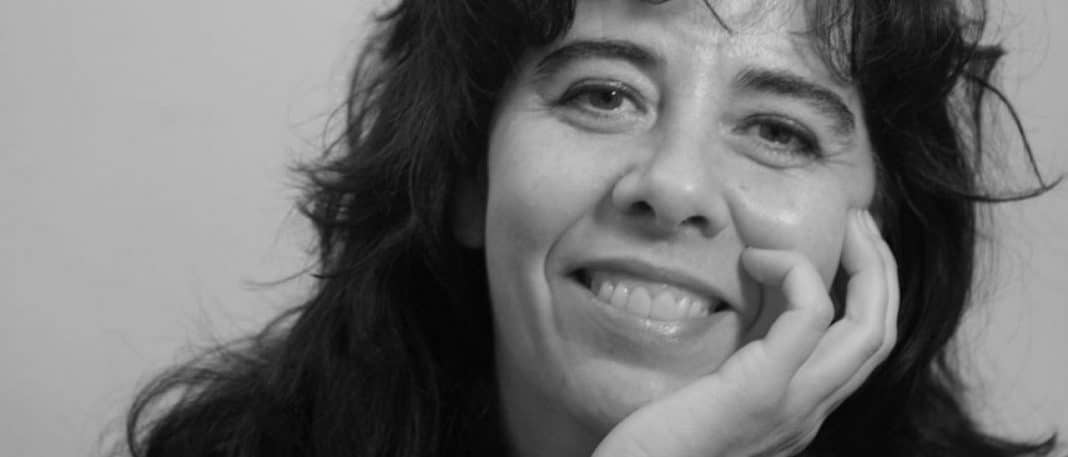Dulcinea Bellido, Ana Sirgo, Merche Comabella… these and many other women had an important role in the struggle for freedom and democracy in Spain. Rescuing their memory from oblivion is what the photojournalist and researcher Carmen Barrios (Madrid, 1965) has set out to do. In 2016 she began the series of stories ‘Rojas’, in which she narrates the stories of struggle and resistance during Franco’s regime of many women, including her grandmother, Dolores Gómez-Valadés, and her mother, Carmen Corredera Gallego. She has already published four books, as well as a documentary, ‘Por mí y por todas mis compañeras’ (For me and for all my companions). She will talk about all these women, who for her “are great heroines”, today at 8 pm in Can Ventosa, in Ibiza, as part of the Jornades d’Estudis Locals de Memòria Histórica.

This year she has published ‘Rojas y trabajadoras’, the third instalment in the series of short stories ‘Rojas’. At the conference she will give at the Jornades d’Estudis Locals de Memòria Històrica de Ibiza she will talk about the main characters in this saga?
Yes, I will talk about all these stories of struggles and resistance by women during the Franco regime because I believe that the recent history of Spain and how the rights and freedoms that we enjoy today came to be enshrined in the Constitution cannot be properly understood if there is no awareness of everything that both men and women fought for in very complicated times.
Resisting the war and Franco’s regime and fighting against it must have been especially difficult being a woman and a republican…
Women in general had a double repression, gender repression and political and social repression, which was gigantic and which was organised by the Catholic Church and the State, hand in hand. They went after women because Francoism was clear from the first moment that if it controlled more than half of the population it was going to control the country. They punished, for example, anyone who worked as a secretary in a town hall, anyone who had been on a list as a councillor or anyone who had participated in an association, even if it was a sports association. In the villages, for example, their heads were shaved to subject them to public scorn or they were directly killed in the ditches. There are a lot of horrifying crimes. Franco’s regime was very cruel to the Republican women teachers.
With Franco’s regime, women lost freedoms won in the Republic.
Yes. The divorce and abortion laws were republican laws that were automatically repealed when Franco’s regime arrived. During the Republic women conquered public spaces that they later lost because during Franco’s period it was frowned upon for women to go alone, for example, to a bar or a café. That repression of gender that I have talked about was expressed in very coercive norms that made women not to be masters of their own person. For example, until 75, women could not have a bank account in their own name. Then there was the adultery law that placed the burden of the crime on the woman and that until after Franco’s death, in 1978, we did not manage to repeal it, after a lot of street demonstrations.
What role did women prisoners play in the struggle against Franco’s regime?
The organisation of women prisoners was very important. When Franco came to power the repression was brutal and a lot of people were imprisoned and from the beginning the women organised themselves not only to look after the prisoners but also to look after the whole network of relatives and people who were left helpless. That network of women was very important because within the Communist Party it somehow held the formation in the underground. They did a very important thing, they were continuously moving to claim the solidarity of other institutions. They kept knocking on the door of the Church, for example. In the 60’s and 70’s these women were demanding help from everywhere and they were the ones who continually brought information to the outside world about what was happening here. It is in the organisation of the women prisoners that the germ of the Democratic Women’s Movement (MDM) was born.
For the full article, please visit Diario de Ibiza website here.

